A Police Report is written documentation of an event or crime that has been committed, which includes details about the crime and the criminal who did it.
Police reports may be filed by police officers or citizens (such as for burglary), and they provide essential information to judges, juries, attorneys, and victims.
If you are a police officer, you will be writing many police reports. A good report is essential to your job because it will explain the facts of a case in detail. Conversely, a poor or incomplete police report can lead to accusations against you for neglecting vital information that may be pertinent to the case.
Therefore, the more thorough and accurate your police report is, the better for you and your department. In this article, you will know how to write a police report, discuss the importance of good report writing, and provide examples that you can use to craft your report.
Free Templates
Here are free templates for you to get a better understanding. You can also customize these after downloading these:
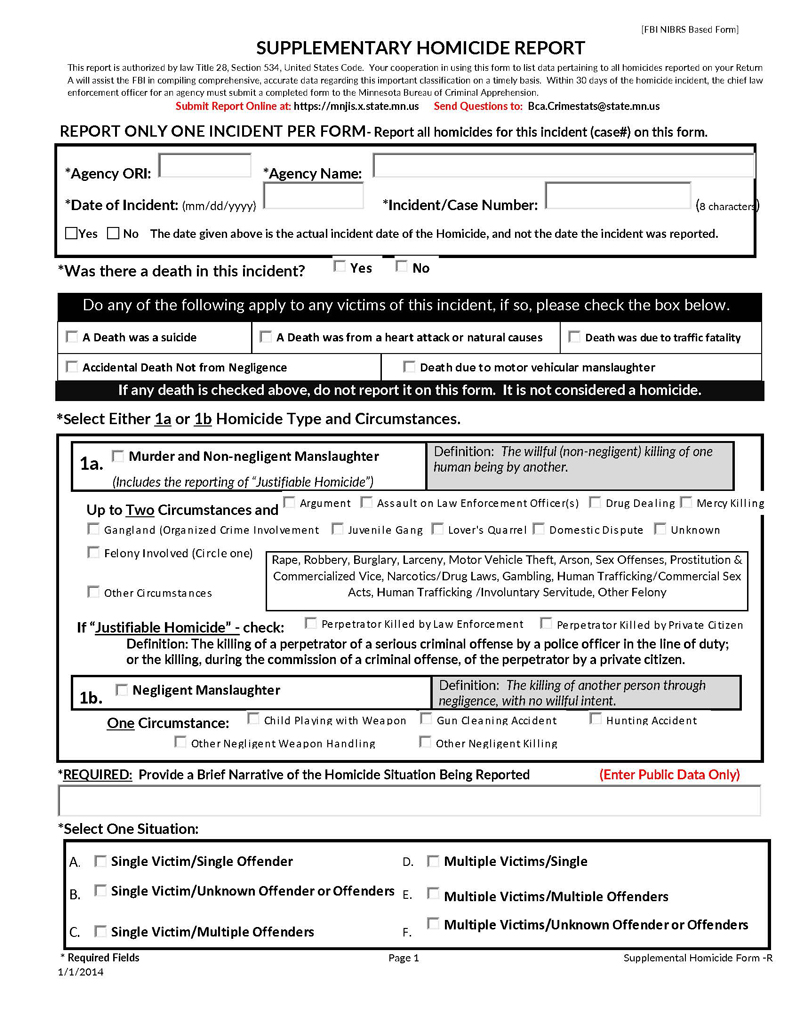
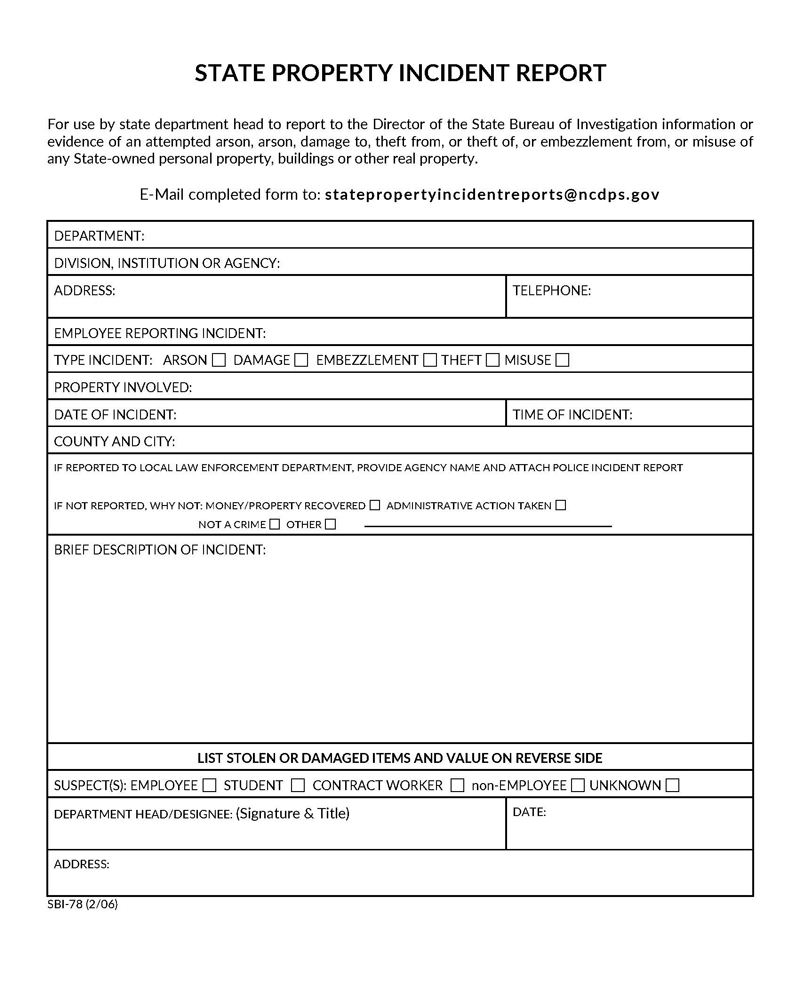
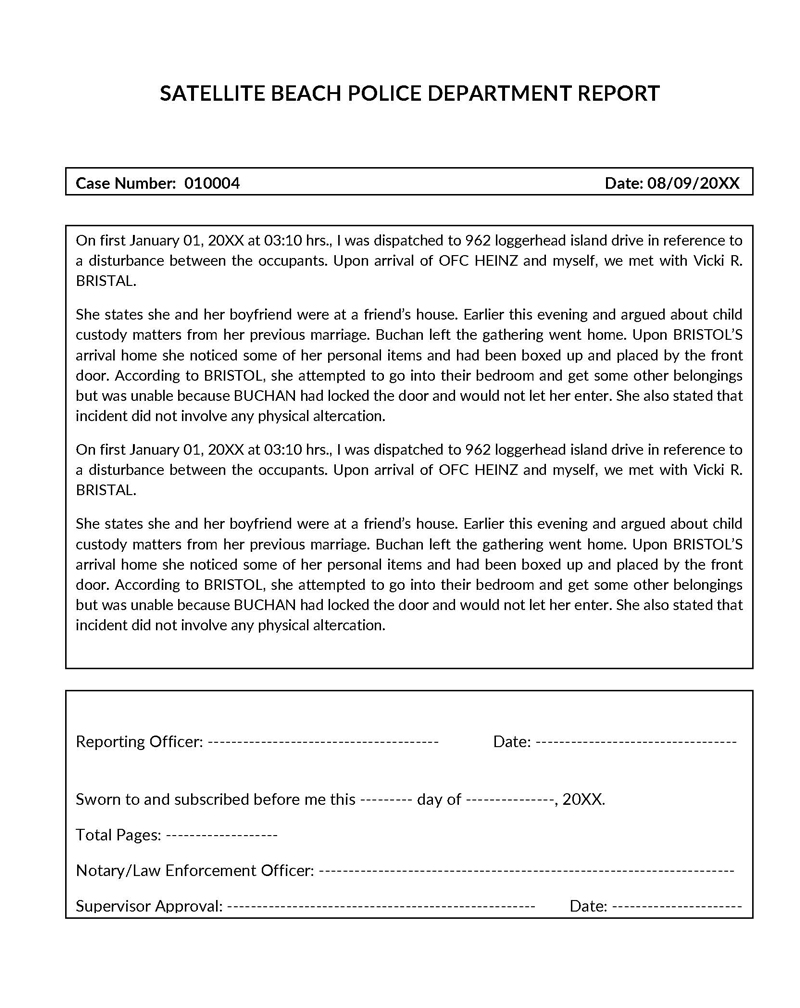
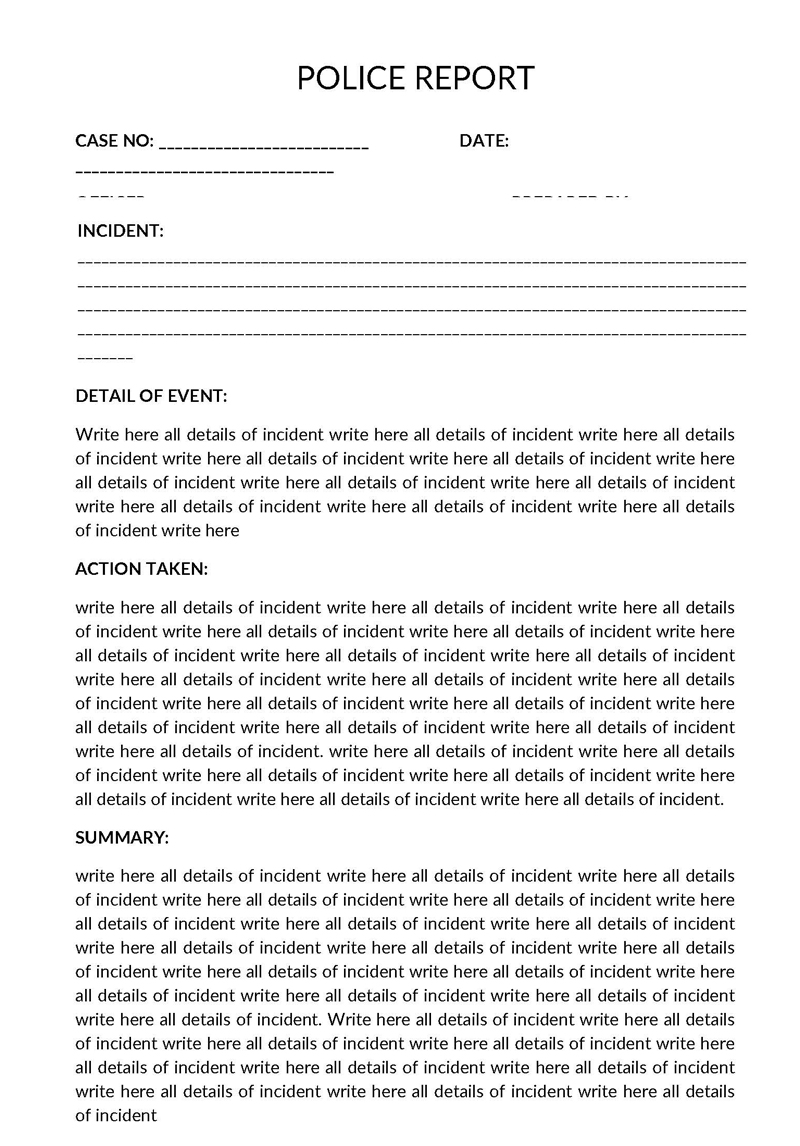
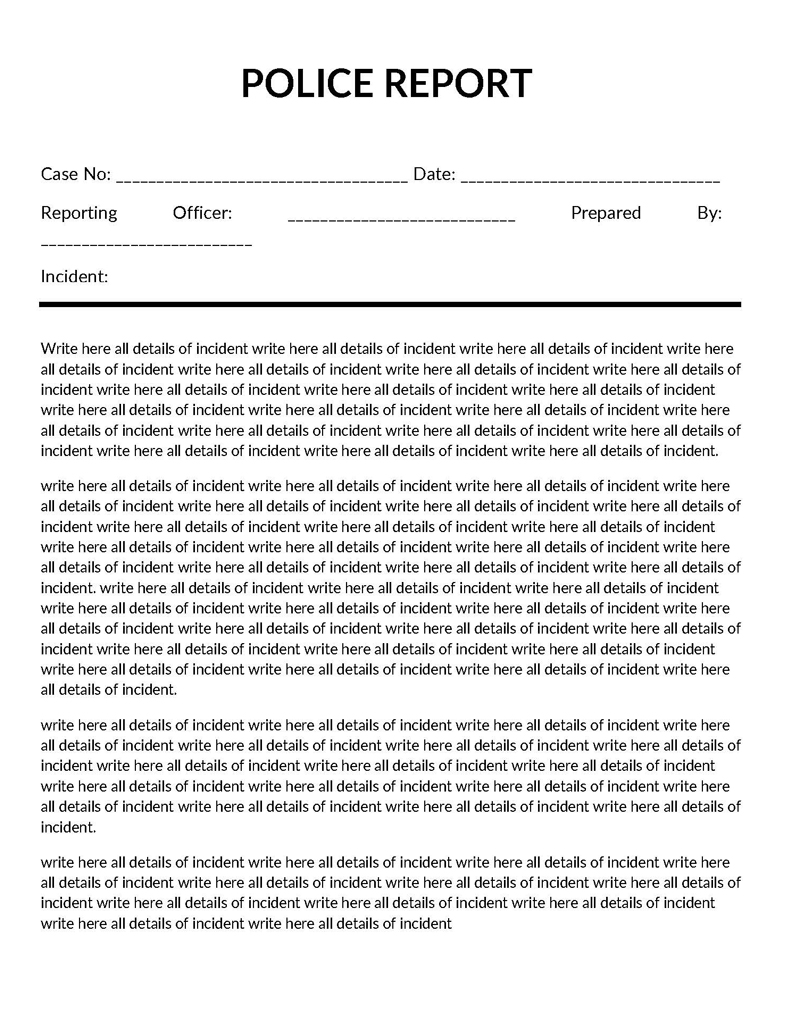
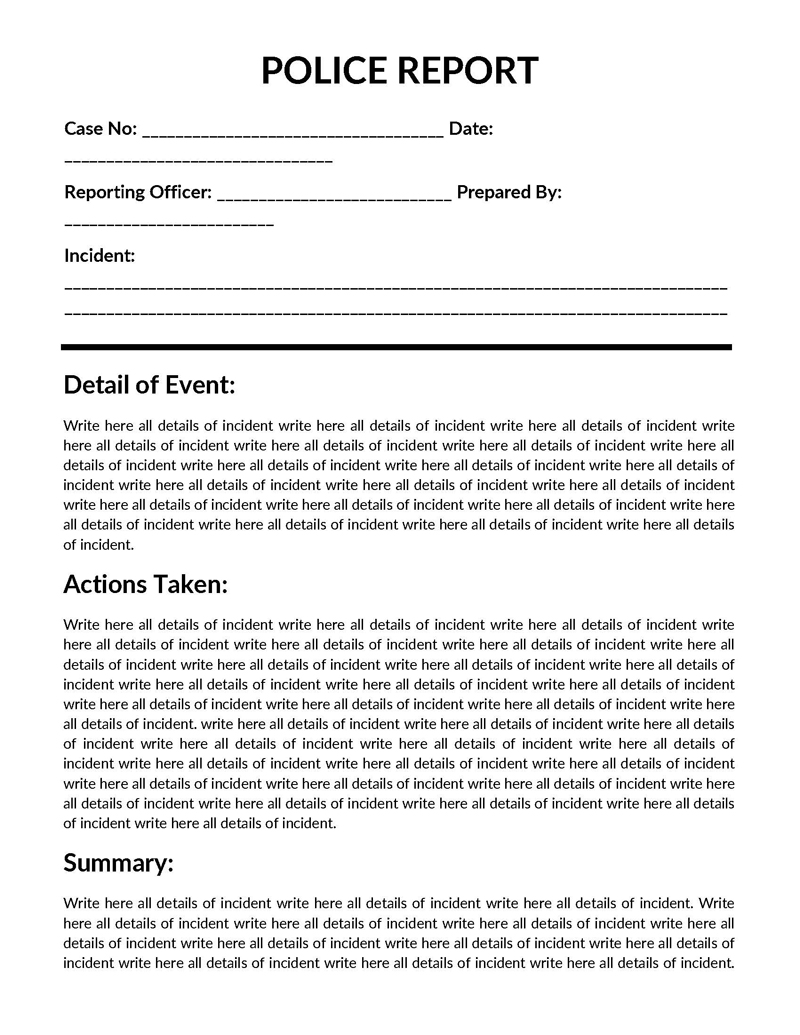
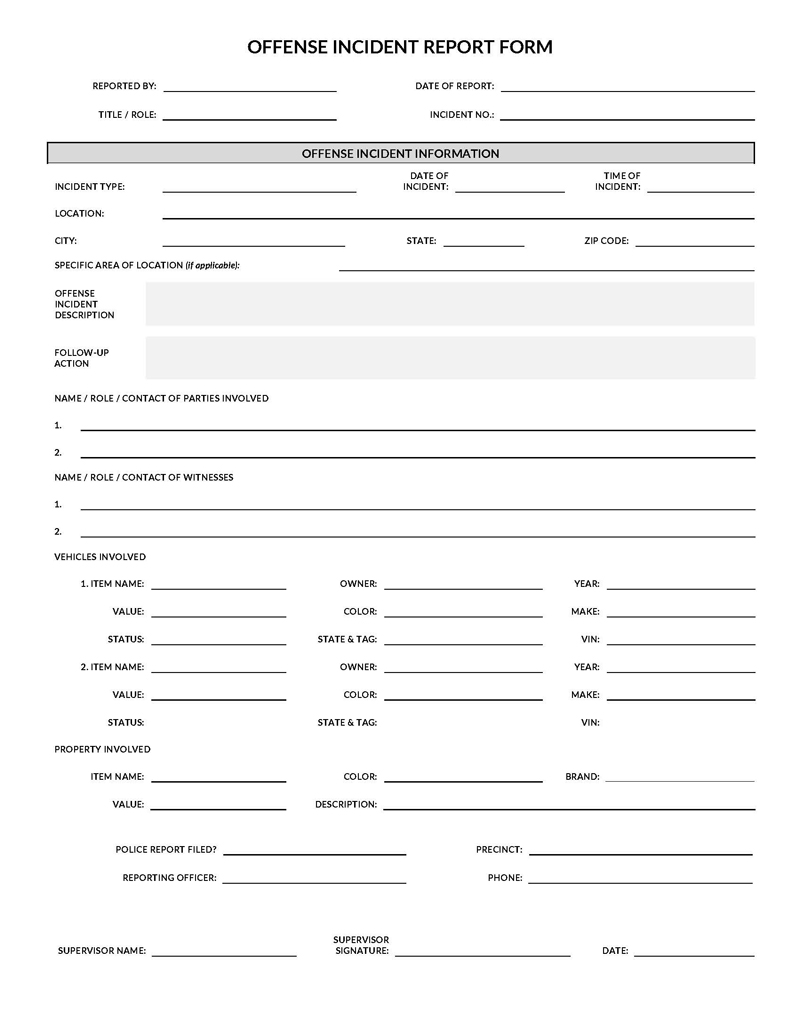
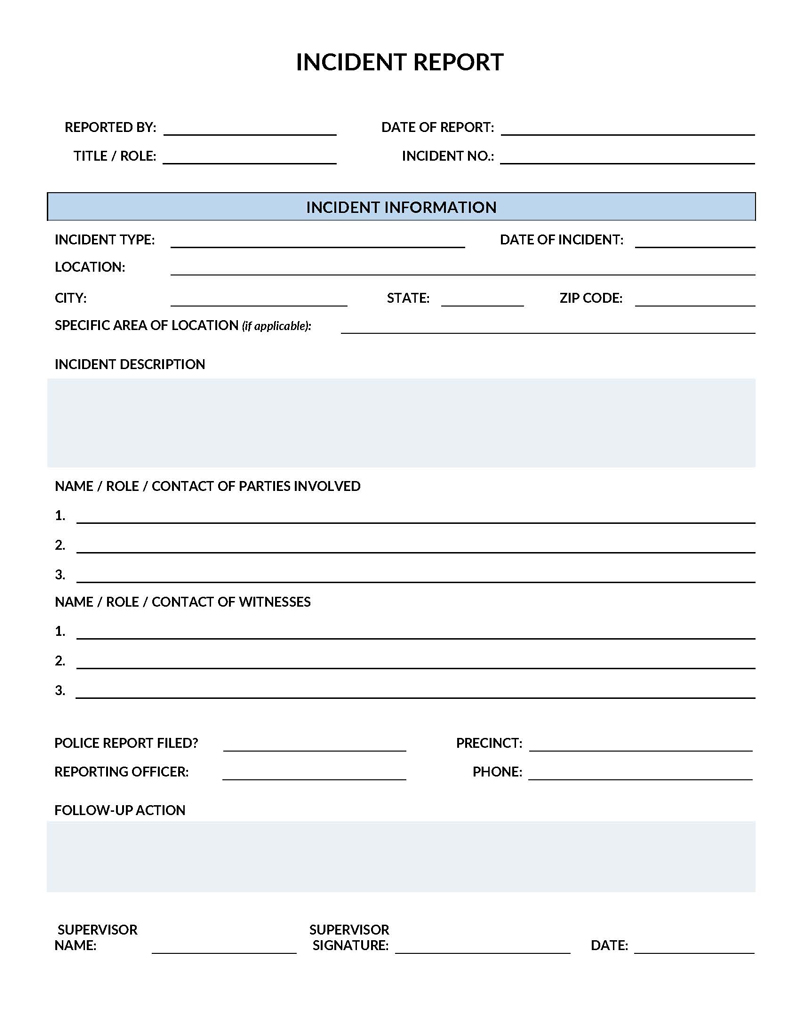
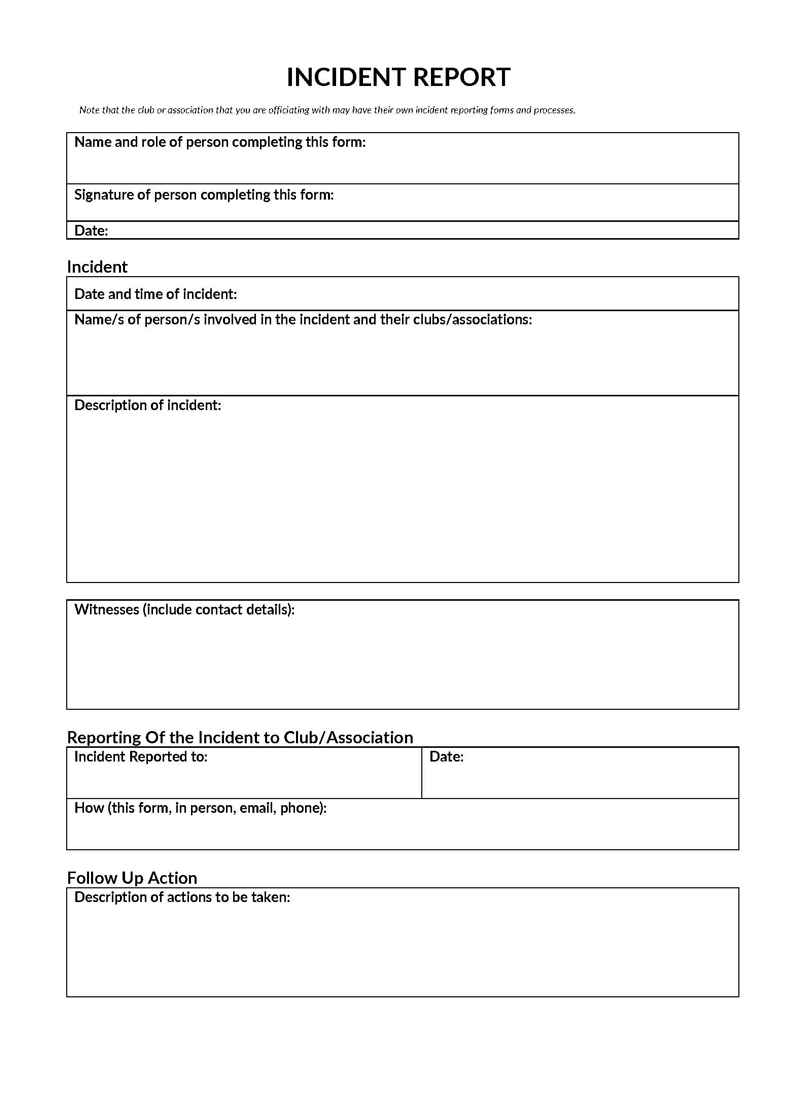
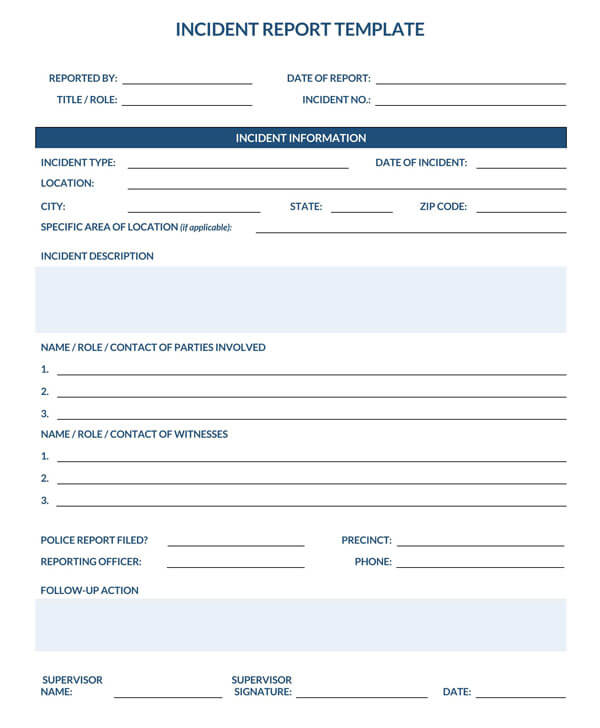
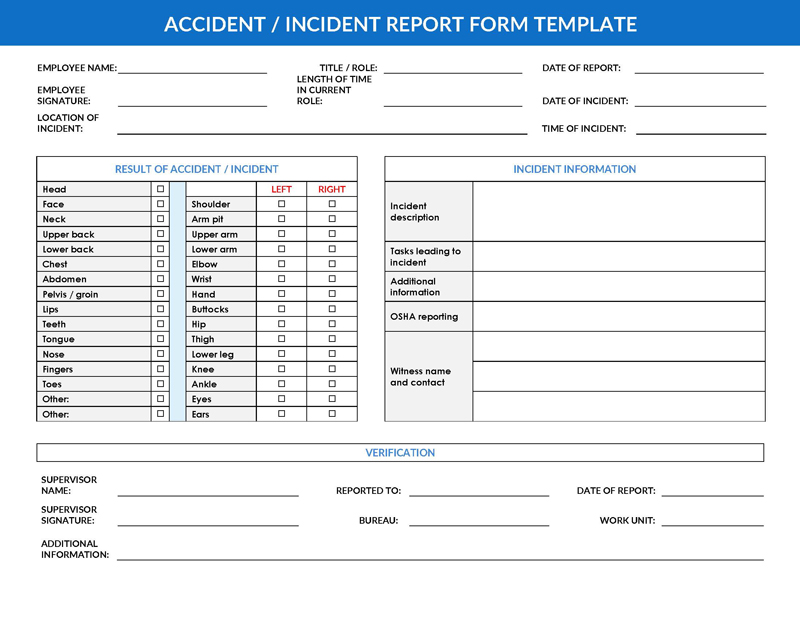
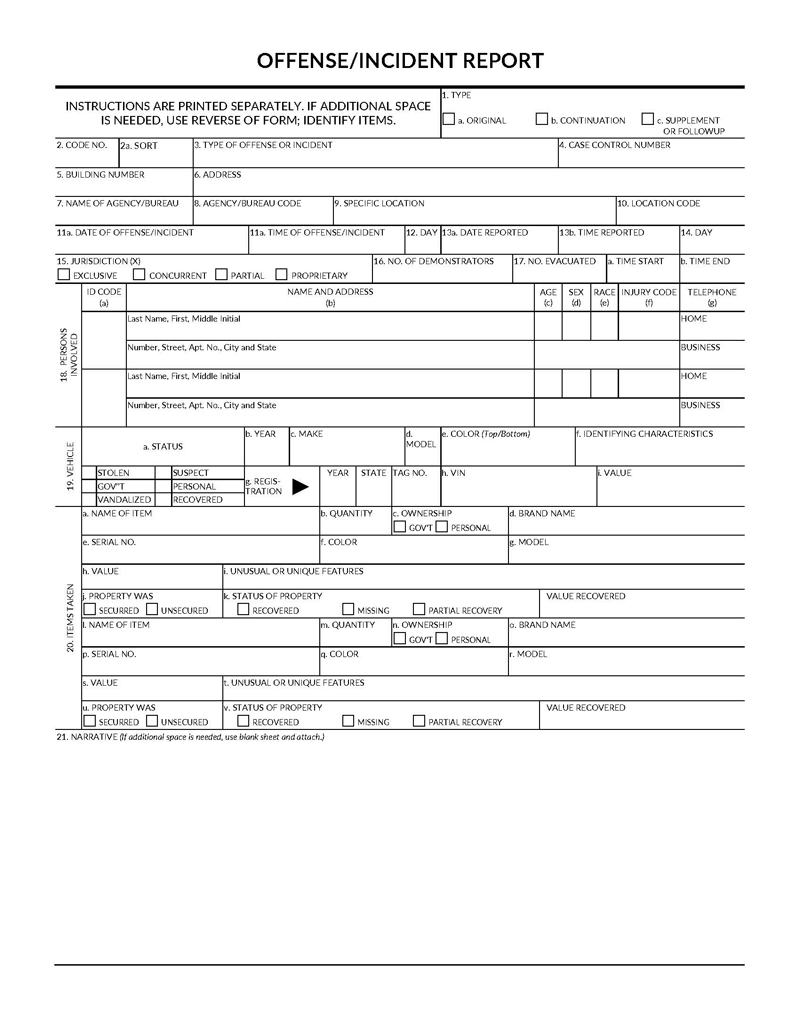
Importance of Police Report
A police report is generally written after all the information of a case has been gathered. It can be beneficial in court cases, where lawyers will often ask for your report. This is because it serves as documentation, telling the judge and jury what happened and what the people involved were like.
A good police report can make the difference between a case being thrown out and one getting through. Police reports are a significant part of the justice system, and as such, police officers must take special care to ensure their reports are detailed and informative. A detailed and good written police report will make it easy to understand the case.
Tip: Did you know that the filing of a police report is contingent on the outcome of your call to authorities? If no report is generated and you wish to file one later, you can utilize the non-emergency line. Consequently, if you ever require emergency help, remember to call 911.
How to Write a Perfect Police Report?
The content of a police report should be organized in an outline format. The more thorough you are, the better.
Below is a detailed breakdown of how to correctly write a police report:
Header
The header of a police report outlines the name and location of the agency, as well as its contact information. You should include your name as well as that of any other involved parties. It also includes information about the incident — usually either “theft” or “vandalism.” The date and time should be included too.
- Date of the report: The report should be dated and show the exact time it was filed. This is important as it helps with accurate and effective record keeping.
- Title: The title should state who the report is about. For example, if it’s a robbery report, you’ll want to use the word “robbery” in the title, same with an assault or burglary report. If multiple cases pertain to one person (domestic violence and assault), the title should include the person’s name.
- Officer name: The officer’s name should be written at the top of the report to avoid confusing who wrote it. It will also help with record keeping.
- Time: This will allow for accurate date stamping of the report.
- Location of an incident: The police report should also include the specific location of where the crime occurred. This will help with any investigations that may need to be carried out at that location. Make sure to include the specific address or intersection of the incident.
Introduction
The second section of the police report is the “introduction.” This section should include the following:
- Nature of the call or incident: The police report should also state the call or incident. This could be something like “theft,” “assault,” or “burglary.” It is essential to be as detailed and accurate as possible when describing the nature of the call or incident in a police report.
- Why were you at the scene? This part is essential if there are ever any questions about why you happened to be at the scene of the crime. To clear this question, you must write how you arrived there.
- Additional officers who were also there: If there was another officer on the scene and they witnessed what happened, you may want to include their name and their badge number so that if ever questioned, you can provide a second source or perspective of what occurred.
Body
The body section is where you will write about the five W’s and 1H – who, what, where, when, why, and how.
- Who: The first part of this section is everything that happened to or around the victim or witness. For example, if a robbery occurred at a convenience store, it’s important to include who was involved in the transaction. Next, make sure to list the names of any suspects or persons of interest involved in whatever happened.
- What: After listing everyone involved in an incident, you must explain what happened in chronological order. For example, if someone is reporting a robbery, you’ll need to include who was involved and what happened.
- Where: Explain where the incident took place in specific detail, including room numbers and landmarks if applicable. For example, the location of a reported robbery could include specifically which door or aisle of a store was involved.
- When: The time the incident occurred must be included in this section, including specific relevant times. This is important as it will provide a date stamp if any discrepancies or questions surrounding when the incident occurred.
- Why: This is where you will list what you believe happened and why it happened. This section may also include who was the perpetrator if known. For example, if someone reports that they were assaulted, you must explain why the situation happened. This section of the report may also include any motive or possible intent of the perpetrator if known.
- How: This section should provide a step-by-step explanation of everything that happened. This will help to paint a clear picture of what transpired. In some cases, it might be helpful to diagram or map out the scene of the crime. Therefore, it is essential to be as detailed as possible when writing the “how” section of a police report.
Conclusion
In this section, you’ll need to include your final action if any follow-up details are needed in the future. For example, suppose a victim or witness doesn’t have all their information when they leave from reporting an incident. In that case, you will want to let them know that they will be contacted for a follow-up police report when necessary information has been acquired.
Also, if there is nothing else to add to the report, end by saying that there is nothing to report further: This line helps solidify that you have thoroughly investigated your call or the case and reported it to the best of your ability.
Tip: Before you write a police report, make sure you have all the correct forms. Different police departments will have different forms, so you will need to know which ones are correct for your department. If you don’t, the report may contain incorrect information and be incomplete.
Police Report Template
Date of the report: __________
Officer’s badge number: __________
Name of suspect(s): __________
Date and Time of arrest: __________
Address where offense occurred: __________
Location of arrest (i.e., where arrested): __________
Nature of call or incident: __________
On __________ at approximately __________, I responded to a call about an individual who was making annoying calls. Upon arriving at the scene, I met with ________ and___________. ___________stated that ___________ had been calling _____________’s phone number leaving harassing messages for _____ to hear. It is believed that __________ used a different number to mask her own phone number and erase the caller ID.
___________ has filed harassment charges against _________ and ___ is currently in custody at ___________ pending a court date. There is nothing further to report.
Sample Police Report
Date of the report: 3/1/2019
Officer’s badge number: 88765
Name of the suspect(s): Millicent Miller
Date and time of arrest: 1 pm
Address where the offense occurred: 32 Pine
Street Location of arrest: 32 Pine Street
Nature of call or incident: Annoying phone calls
On March 1, 2019, at approximately 3:30 pm, I responded to a call about an individual who was making annoying phone calls. Upon arriving at the scene, I met with Millicent Miller and her son John who reported that Millicent’s neighbor called her cell phone. Additionally, Sarah’s neighbor stated that Millicent had been calling Sarah’s house using a different number and leaving harassing messages for herself to hear.
Sarah has filed harassment charges against Millicent. Millicent is currently in custody at Central Station pending a court date. There is nothing further to report.
Do’s and Don’ts
Here are some do’s and don’ts to keep in mind when writing a report.
Do’s
- Keep the report simple: Try to keep the language in your report as simple as possible. If you need help clarifying information or a situation, ask a colleague for assistance before submitting the final copy.
- Be clear: Your report needs to be clear and readable so that anyone can read it and understand what happened. For example, if you have more than one individual with the same name, use their full names and birthdates to identify them.
- Focus on brevity: Police reports should always be as brief and concise as possible. If there is nothing relevant or helpful in your report, then leave it out.
- Take care of punctuation: Accurate punctuation is essential to keep your writing clear and readable because wrong punctuation can change the context.
- Stay positive: You need to emphasize that you are fair in this report, so try not to be negative when describing events or people. For example, use words like “alleged” when referring to crimes, to be honest without blame.
- Specify the report’s approach: Let your reader know what type of report they are about to read so that they can get an idea of how detailed it will be; for example, misdemeanor or felony arrest reports are more in-depth while a patrol activity summary is more general.
- Readable report: Keep it simple, clear, and readable for an audience to understand the information provided.
- Explain facts accurately: Do not lie or exaggerate in your report because this could jeopardize your job or lead to legal consequences for you.
- Logical sequence: Ensure that your report is set up in a way that makes sense and reflects the order of events so that it flows smoothly and logically.
- Proofread: Look over your work carefully, ensuring no grammatical or spelling errors before submitting the final copy and turning it to your supervisor.
Don’ts
- Avoid using jargon: Police reports need to be understood by anyone who reads them, so avoid legal or technical terms that some readers may not know.
- Writing in passive voice: Most people prefer action and descriptive sentences over passive ones because they create a more dynamic and effective writing style for reports and other texts.
- Do not forget to write the incident results: Your report should always end on a solid note that leaves your audience satisfied and informed about what happened. You must write the final result of the incident.
- Writing vaguely: If you are unclear about a situation or event, ask your supervisor for assistance in rephrasing and clarifying it so that it is clear and readable in the final copy.
- Stay away from creating a biased report: Your job as a police officer is to remain impartial and fair so try to avoid taking sides.
- Mistakes of facts: It is important to double-check all information involved before submitting it for review so that you do not make any mistakes with times, names, places, or the number of individuals present at an incident.
- Do not give your opinion: The point of a police report is to provide information and facts. Your opinion regarding the events that took place is not required. So avoid giving your personal opinions.
Expert Tips:
When writing a police report, make sure to follow the 4 C’s:
- Clear: Ensure that your writing is not vague or confusing.
- Concise: Do not include anything that isn’t necessary to the story.
- Complete: Make sure that you’ve covered everything related to the event or incident.
- Correct: Double-check facts and spelling to avoid any mistakes.
Frequently Asked Questions
As a police officer, you must write a police report for any investigations you are conducting or if someone has filed a complaint. Your superiors may review these reports and use them as evidence in various cases; therefore, they must be clear, concise, and accurate.
When writing a police report about a car accident, it is essential to keep the following in mind: There should be a clear introduction to your narrative of what happened, focusing on the sequence of events and people involved. Details about the crash/incident should be included as well as information about injuries and damages. Finally, your conclusion should summarize what happened and any further action that may be taken to address the situation at hand.




